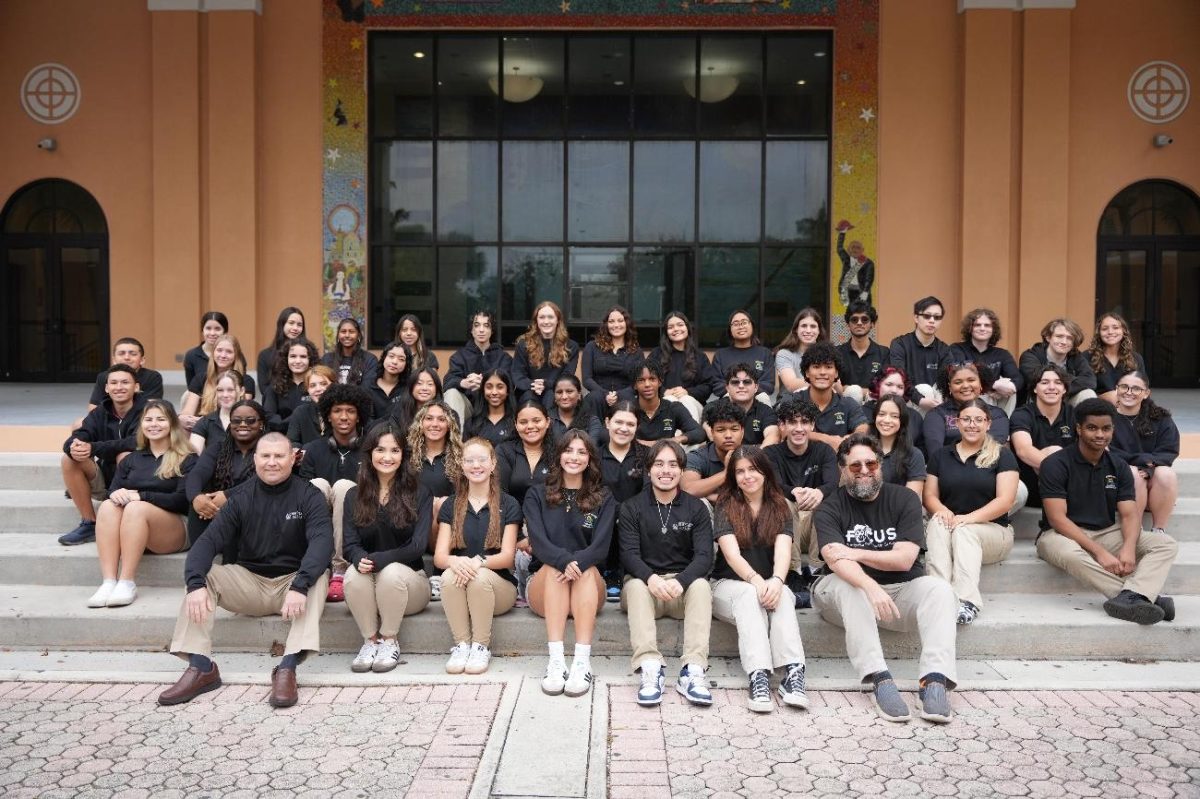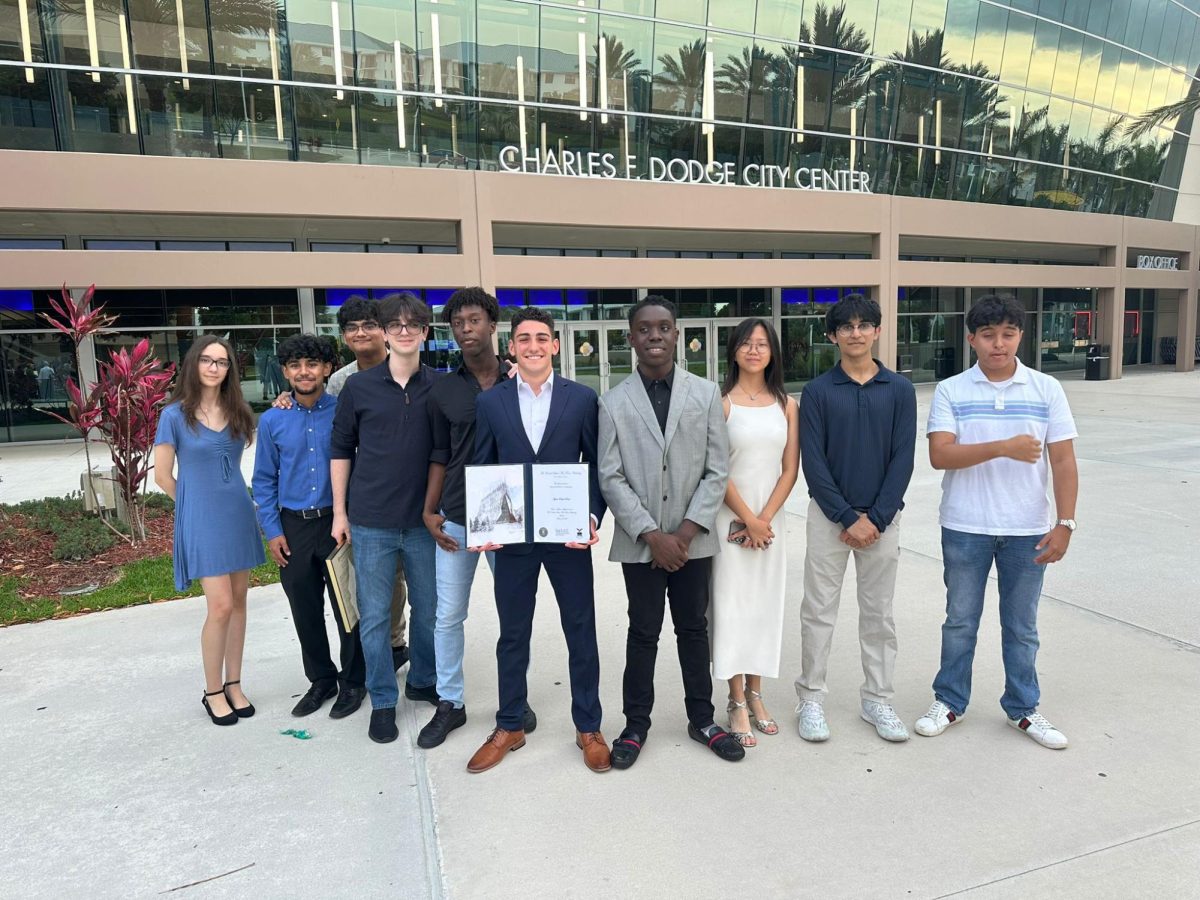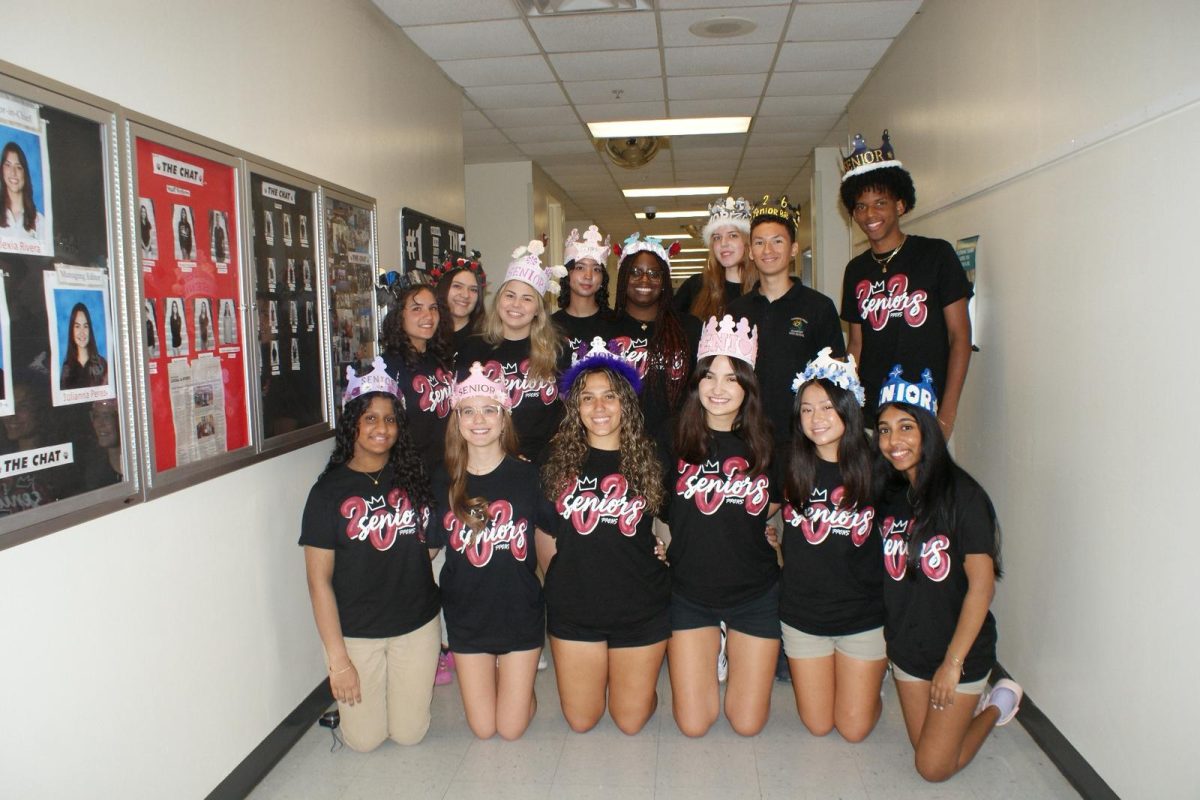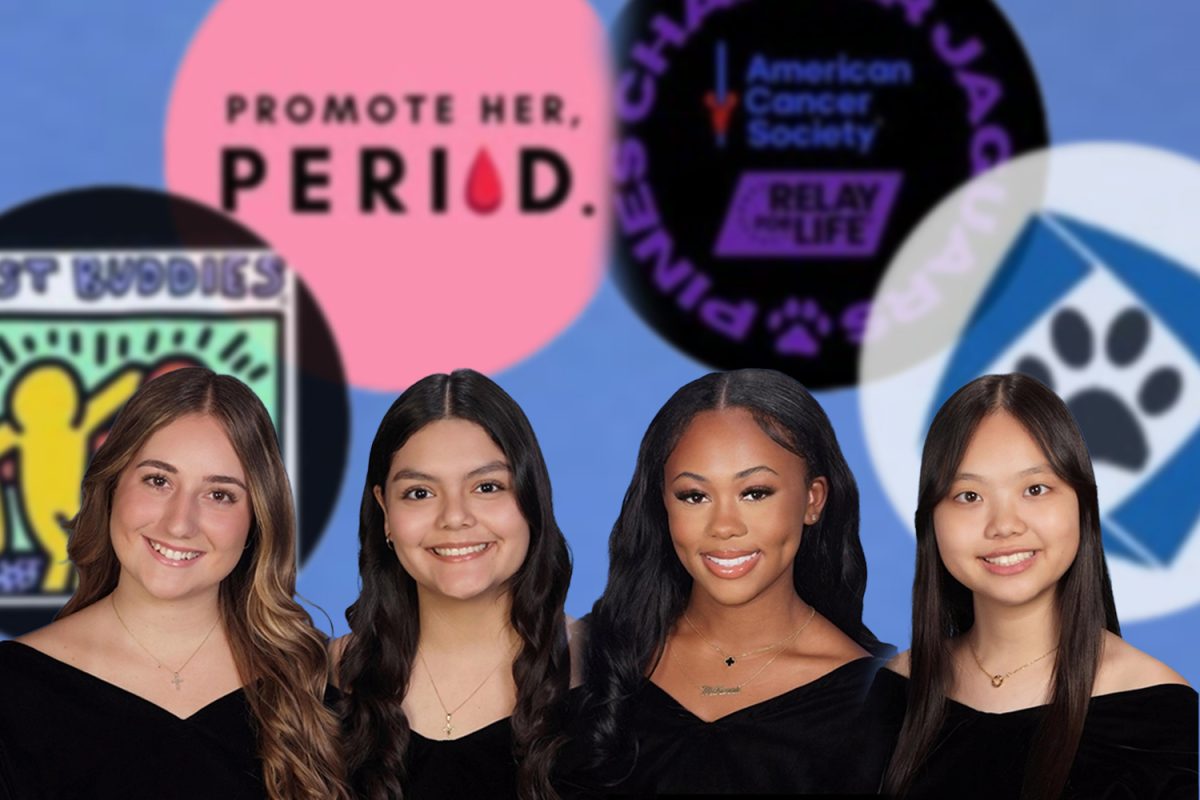In the first week of his presidency, President Donald Trump recently signed multiple executive orders that effectively ended DEI in the federal government and discouraged private companies from using it.
First let’s get our definitions straight. What exactly is DEI? DEI stands for Diversity, Equity, and Inclusion. It’s a term used to describe policies and programs that promote the representation and participation of different groups of individuals.
These individuals mentioned would be ones who were historically underrepresented. This could be done through employing culture or equity officers to create a safer workspace, or hiring more minorities.
With President Trump ending DEI in the federal government, many companies are starting to feel the effects. While President Trump does not have the power to make private companies stop DEI programs, through one of his executive orders, he is “encouraging the private sector to end illegal DEI discrimination and preferences.”
This directs federal agencies to require private contracting parties to certify that they do not operate any programs promoting DEI that violate any applicable federal antidiscrimination laws. The law also states that within 120 days of the order, the Trump Administration should identify “the most egregious and discriminatory DEI practitioners in each sector of concern.”
These executive orders have caused a huge ripple throughout corporate America, with many big name companies implementing changes or just outright getting rid of their DEI programs. Some examples are Target, Amazon, Meta, McDonalds, Walmart, Ford, Lowe’s, and Toyota, just to name a few.
What is the effect of this? According to PPCHS junior Aaron Santiago, it takes away the solution to the injustices many suffered back then and now, possibly resulting in many individuals losing their job.
“Before, people of different race and color didn’t get the same chances as white men, but with [DEI], they get an equal chance in the workforce. I don’t like that companies are getting rid of programs that support these types of individuals. It quite possibly might make people lose a job they deserve.”
Junior Ryan Perez says differently, stating that race and color should have no part in the hiring process; only skill should be required. “Race, gender, or sexual orientation should have nothing to do with you getting a job. Your ability to do the job is what is important, not how you look,” he expressed.
Whichever side you take, President Trump promises to get rid of “illegal” DEI practices, and most big time companies are following suit to avoid any lawsuits or legal action taken against them from the Trump Administration.








